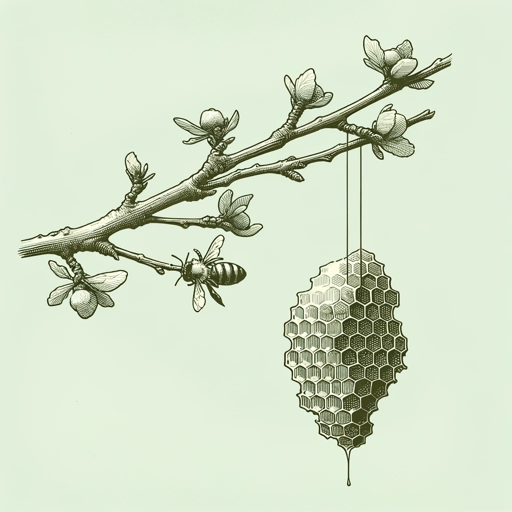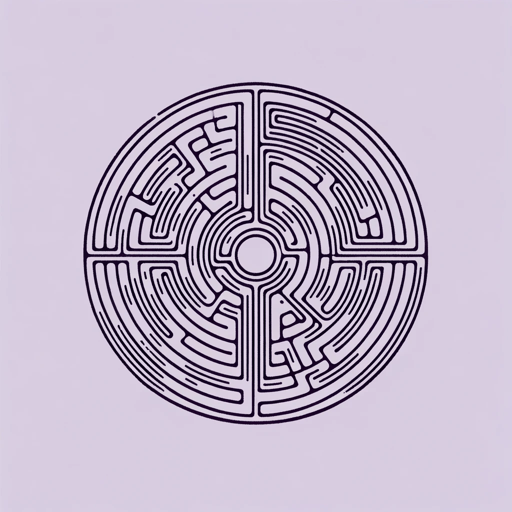51 pages • 1 hour read
Lauren GroffThe Vaster Wilds
Fiction | Novel | Adult | Published in 2023A modern alternative to SparkNotes and CliffsNotes, SuperSummary offers high-quality Study Guides with detailed chapter summaries and analysis of major themes, characters, and more.
Important Quotes
Content Warning: This section of the guide references extreme classism and the violent nature of colonialism and imperialism.
“For even a good man was more deadly than the worst of bears, and she had seen what even a blind ancient bear with its teeth pulled out of its black gums and its claws cut off and its eyes blinded in pink cross-hatching could do.”
(Chapter 1, Page 19)
The girl is deeply aware of the dangers of men and knows from experience that their violence is far more difficult to escape than the depersonalized violence of nature. This quote sets up the continuing theme of the novel that the most dangerous thing for the girl is not the wilderness but the society she left.
“For all the souls who had come over to this country were now at the end of this winter of horror starved, and many of the very stoutest had hungered and shat and coughed themselves into the final kingdom of death, and even the most vicious of the men who had come across the ocean had weakened and become strangely indolent, lying on their cots all day and staring blankly at the gray and ice-pissing ice-shitting skies.”
(Chapter 2, Page 22)
The folly of the colonial project has led to massive amounts horror and death throughout history. Within the context of the novel, the privations that the colony’s inhabitants experience are the direct result of their attempts to invade and subdue the world around them. This quote establishes a striking contrast between their initial attempts to claim the surrounding lands for themselves, and their desperate plight as they find their skills and strength unequal to the task.
“The world, the girl knew, was worse than savage, the world was unmoved. It did not care, it could not care, what happened to her, not one bit. She was a mote, a speck, a floating windborne fleck of dust.”
(Chapter 3, Page 29)
The girl struggles throughout her journey with the conflict between her sufferings in nature, her faith in God, and her feelings that the universe is uncaring. Still in the first throes of deprivation from the fort, she cannot see past the harshness of her environment to its beauty and interconnectedness.
Related Titles
By Lauren Groff





